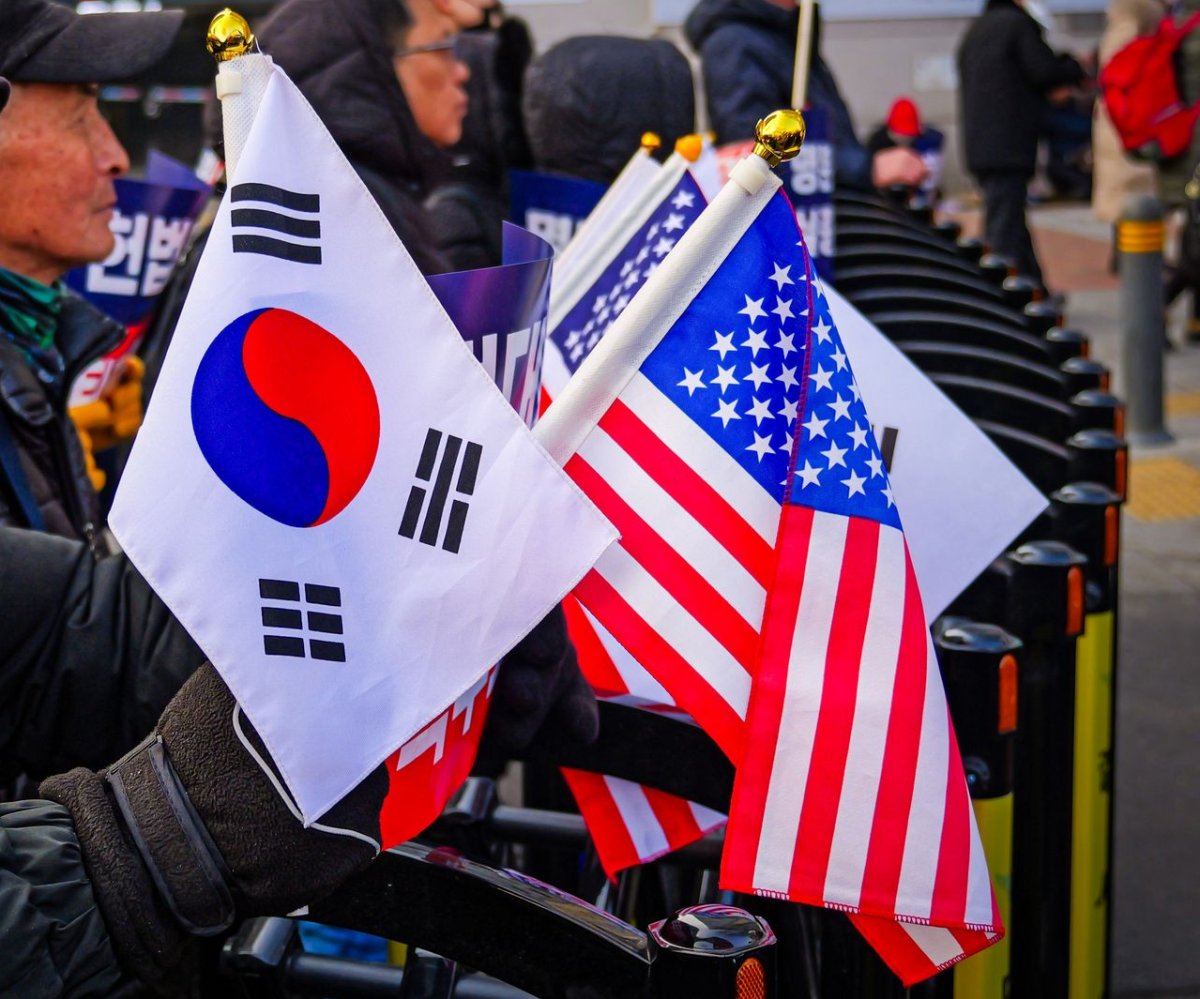Tariff Uncertainties and Weak Domestic Demand Contribute to Economic Stagnation
by admin on | 2025-04-26 11:00:19
Share: Facebook | Twitter | Whatsapp | Linkedin Visits: 92

South Korea’s economy shrank by 0.2% in the first quarter of 2025, extending a concerning period of stagnation that has now lasted four straight quarters, according to data released by the Bank of Korea on April 24.
The disappointing figures, which fell short of the central bank’s forecasted 0.2% growth, were driven by weak domestic demand and declining investment. Construction investment declined for the fourth consecutive quarter, while facility investment dropped by 2.1%. Overall, domestic demand pulled down the GDP growth rate by 0.6 percentage points.
Exports also fell by 1.1%, hit by declining shipments of steel and petroleum products. While recent U.S. tariffs had a limited effect in Q1, economists warn that their full impact will likely be felt in the second quarter. A continued slump could push South Korea into a technical recession.
Adding to concerns, real gross domestic income fell by 0.4%, reflecting reduced industrial activity and domestic demand.
In response, global institutions have downgraded their outlooks for South Korea’s economy. The International Monetary Fund cut its growth forecast from 2% to 1%, while JP Morgan and Citibank now project growth at 0.5% and 0.6%, respectively.
Amid growing pressure, the government is urging swift approval of a 12.2 trillion won supplementary budget aimed at jumpstarting the economy. The Bank of Korea is also weighing a potential rate cut in May, though some experts caution this could weaken the won and destabilize financial markets.
With structural challenges and trade uncertainties mounting, analysts say South Korea faces a critical juncture in steering its economy back toward sustainable growth.
TRENDING NOW
›-
 2 Difficult And 2 Happy Moments For Mun Ka Young & Choi Hyun Wook In Episodes 9-10 Of "My Dearest Nemesis"
2 Difficult And 2 Happy Moments For Mun Ka Young & Choi Hyun Wook In Episodes 9-10 Of "My Dearest Nemesis"
-
 Jeong Eun Ji, Jung Wook Jin, And More Are Co-Workers In Upcoming Drama "Pump Up The Healthy Love"
Jeong Eun Ji, Jung Wook Jin, And More Are Co-Workers In Upcoming Drama "Pump Up The Healthy Love"
-
 Enough war’: Why Gazans are protesting Hamas now
Enough war’: Why Gazans are protesting Hamas now
-
 Elton John thinks recent musical flopped because 'it was too political for America': 'They don't really get irony'
Elton John thinks recent musical flopped because 'it was too political for America': 'They don't really get irony'
-
 Choi Dae Chul And Park Hyo Joo Grow Fonder Of Each Other In "For Eagle Brothers"
Choi Dae Chul And Park Hyo Joo Grow Fonder Of Each Other In "For Eagle Brothers"
-
 ENHYPEN To Appear On "Jimmy Kimmel Live!" Ahead Of Coachella Performance
ENHYPEN To Appear On "Jimmy Kimmel Live!" Ahead Of Coachella Performance
-
 'I was brought back from the brink of death': Taiwanese singer Tank successfully receives heart and liver transplant
'I was brought back from the brink of death': Taiwanese singer Tank successfully receives heart and liver transplant
-
 Thousands of Jewish worshippers visit Jerusalem holy site as Israeli lawmaker boasts ‘Arabs aren’t allowed to come near us’
Thousands of Jewish worshippers visit Jerusalem holy site as Israeli lawmaker boasts ‘Arabs aren’t allowed to come near us’